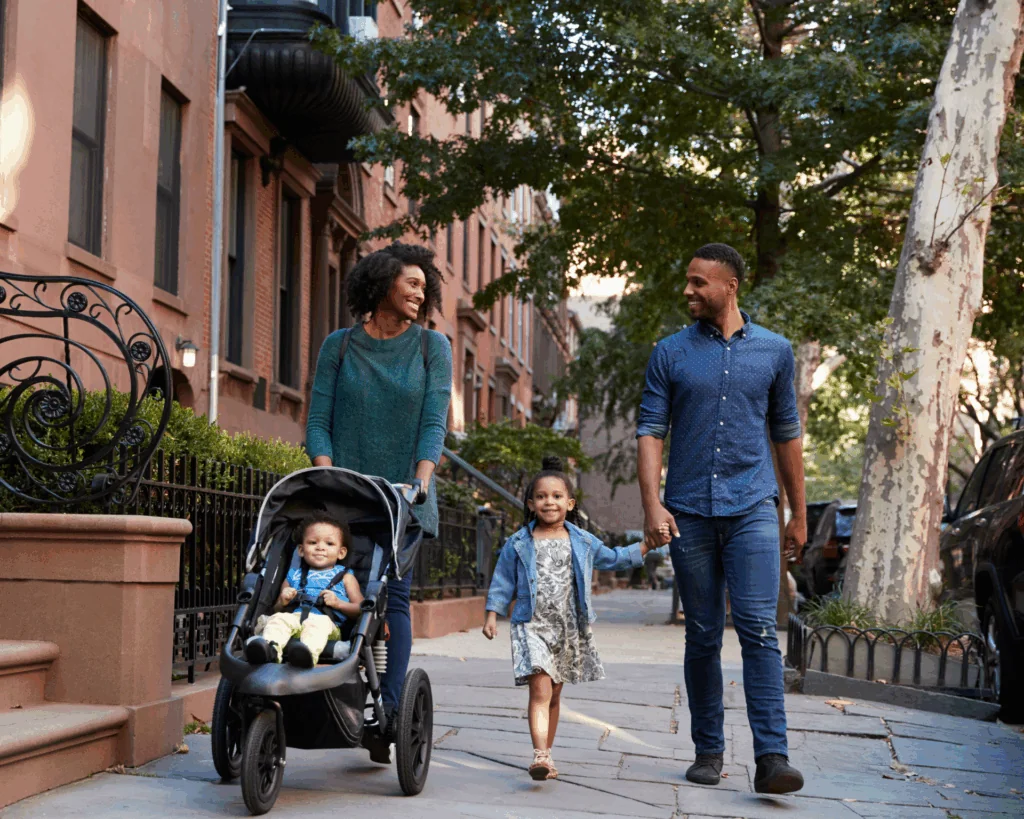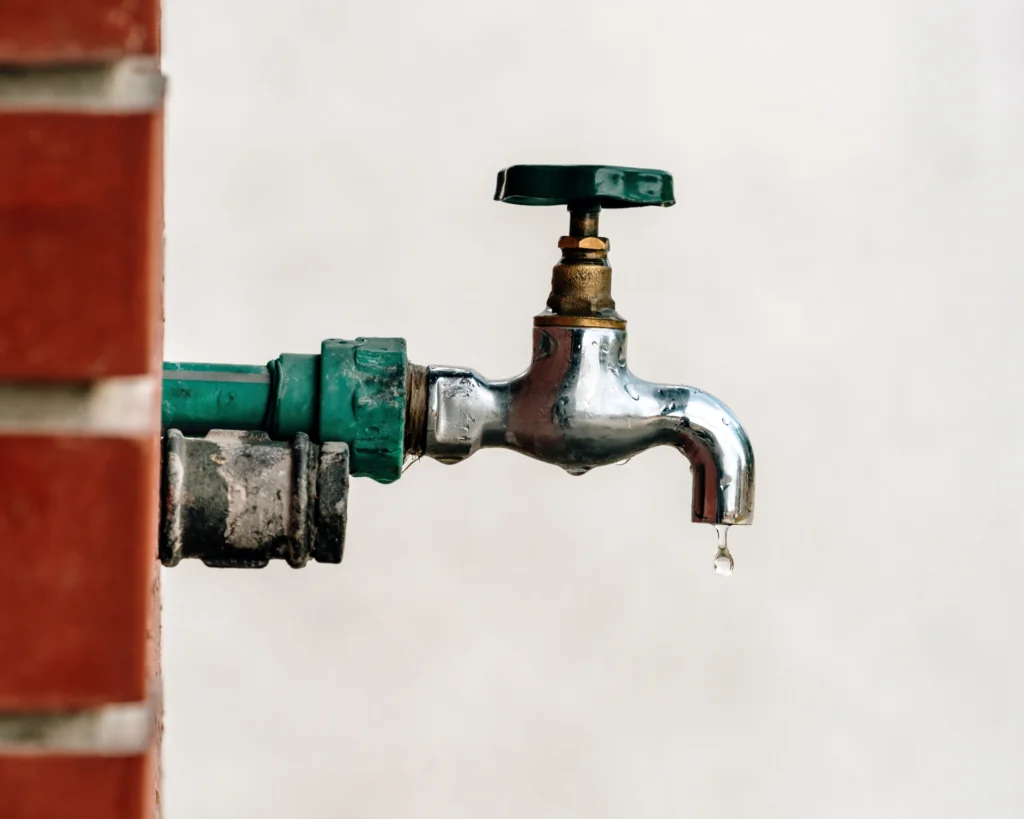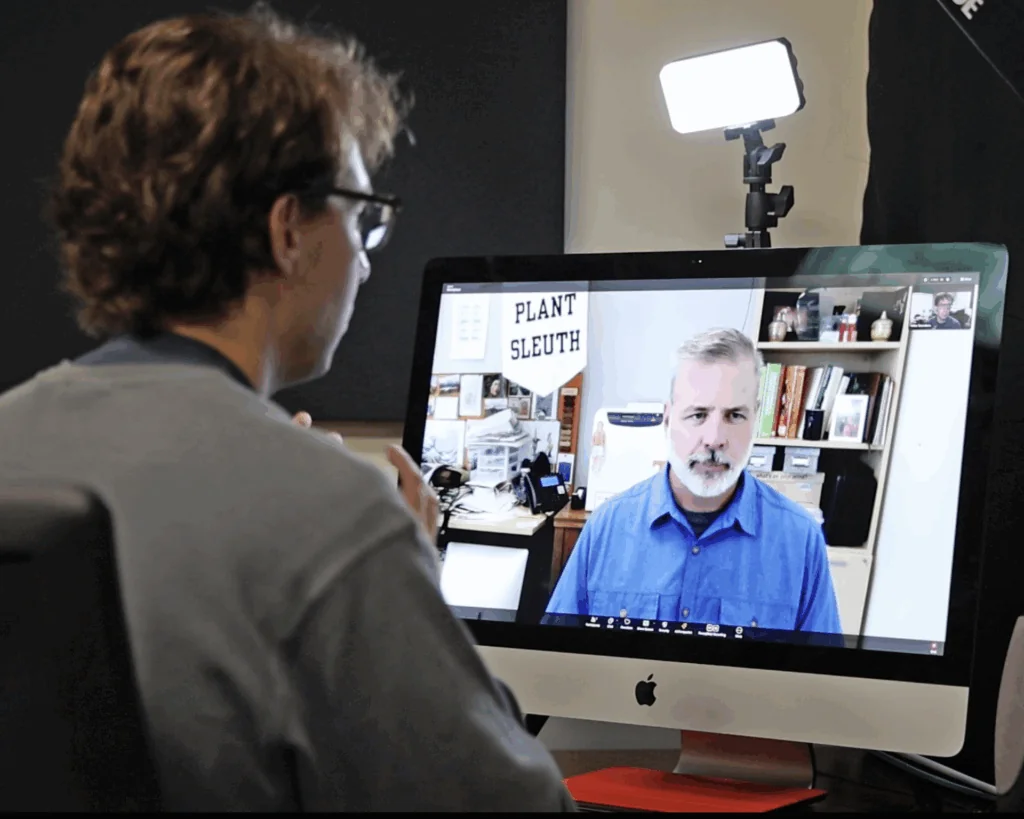Harriet A. Washington
Harriet A. Washington shares her insights on the relationship between environmental racism and the public's health in the time of Covid-19.

Read Time: 6 minutes
Published:
Harriet A. Washington is a science writer, editor, and medical ethicist. She is the author of the book Medical Apartheid, which won the 2007 National Book Critics Circle Award for Nonfiction. Washington shares her insights on the relationship between environmental racism and the public’s health in the time of COVID-19.
Public Health Post: How do you define environmental racism?
Harriet A. Washington: Environmental racism is the disproportionate exposure of people of color to environmentally hazardous substances — everything from air pollution and heavy metals to industrial chemicals. In this country and elsewhere, there is a genuine apartheid transpiring where it’s people of color, not necessarily stratified by socioeconomics, who have the worst exposures.
What first drew your attention to the issue of environmental racism and inspired you to look deeper into the issue?
I worked at a poison control center back in the late 70s, early 80s, when no one was talking about racial health disparities. They were there, but no one was discussing them except for a relatively small cadre of African Americans and scientists. An interesting thing I saw was with lead poisoning. Back then, you were just trying to keep the child alive without permanent physical damage. We didn’t have the luxury nor the in-depth knowledge to focus on psychological damage or intellectual damage. But I was beginning to see that there were some poisonings that were having long-term effects. I wondered, shouldn’t we be more concerned about this?
Why is it important to include cognitive harm when discussing the consequences of environmental racism on health rather than just physical?
The fact that they are not physical doesn’t mean that they are not profound. They can be life altering, they are life altering. The problem with cognitive effects is that they are harder to perceive and harder to trace to a toxic exposure. When you’ve got an 18 or 19 year old who has a behavioral problem, it’s not easy to trace that back to an exposure that he had in utero or early childhood. It’s very subtle, and for that reason, a lot of behavioral and cognitive problems have been misdiagnosed. But it’s important to understand that these early exposures are the cause of these cognitive problems because we can prevent this. It’s something that’s curable. We can identify the culprits. We can protect people from them, and that’s why it’s really important to know that we’re missing a lot of preventable cognitive problems by not controlling exposure to these toxic heavy metals and industrial chemicals.
What effect does a pandemic like Covid-19 have on minority communities already struggling with the effects of residential isolation and environmental racism?
Environmental racism is a prime risk factor for coronavirus. All of the known and documented risk factors we know of, every one of them is also exacerbated by environmental exposures. There’s nothing on the list of known risk factors for Covid-19 that isn’t also a feature of environmental exposure.
Something that environmental racism also has in common with coronavirus is a blame-the-victim mentality. There have been many cases where people, including government and public health officials who should know better, whose job it is to protect people, have said the real problem is Black people who do not pay their bills or Puerto Rican parents who don’t watch their kids. I hear people say, “Well, people choose to live in areas where there’s a lot of pollution.” People have all of these reasons why people of color are responsible for their own illness, blaming the people who have been injured. This tendency is insidious and stubborn and it’s something we have to work against.
How has the recent Black Lives Matter momentum affected awareness and discussion of environmental racism?
My view of it is a bit wider than that. The violence surrounding Black Lives Matter is also a factor of the pandemic. There is a lot of research on the connection between infection and xenophobia. People become more intolerant of strangers and more likely to confront and assault them — all things that we have seen with this pandemic, starting not with African Americans but against Asian Americans.
Fear of infection is a very powerful genocidal tool. We don’t have to look back far in history to see it. Propaganda artists with the Third Reich portrayed people they didn’t like — Jews, homosexuals, Communists — as microbes under a microscope, warning people that they were pathogens among us, saying if you don’t want to be infected yourself, we have to get rid of them, we have to kill them. I think we’re seeing it manifested today in brutal violence against people who look different because of our fear of infection.
What would an anti-racist approach to correcting environmental racism look like, and what about US policy would need to change?
We need to be responsive and we need collection of data. We were surprised to learn that people of color are at much higher risk for Covid-19, but we should not have been surprised. This has happened repeatedly. It happened with HIV. And yet we didn’t know that for a very long time because we weren’t collecting data properly.
It’s the same thing with both Covid-19 and environmental exposures. If we had been collecting racial data properly, we would have known much earlier that people of color were at an especially high risk. And we would have the option of dealing with it. Now we don’t. We need to collect this data, and we need to look at racial differences in the data instead of trying to deny it. Shying away from looking at racial data and shying away from looking at the social implications of bias is not going to stop it. If we accept the fact that racism is something within our society, then we can actually talk about ways of neutralizing it and dealing with it.
What gives you hope for a better future?
I’m very heartened by the fact that we have many people who are not African American, who are not Hispanic, who are not at-risk of being injured by the police, who have taken this on. Frankly, the civil rights movement would not have achieved the gains that it did had there not been allies. And now we have them. Catalyzing people of privilege to take this is on with us is going to make a huge difference in how quickly things we get to what’s right.
Photo courtesy of Harriet A. Washington



